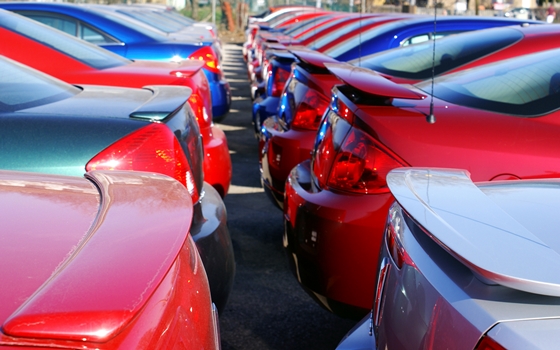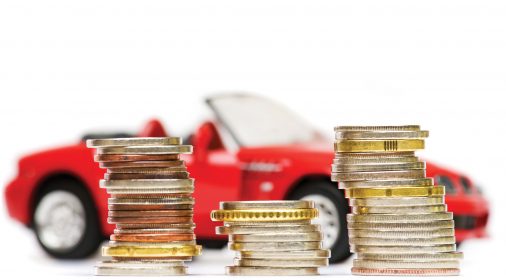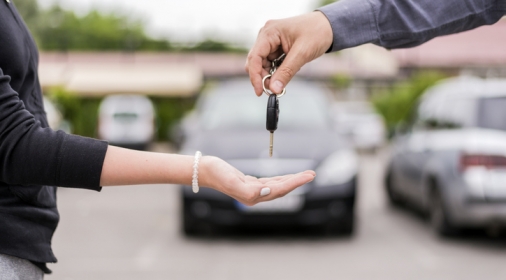Worst Colours for Car Depreciation
When you choose a new car, colour has a lot to do with your decision. But have you ever considered how your choice will affect the future resale value of your car?

We looked to see if there are any car colours that depreciate quicker than others. The quick answer, yes there are!
The top three highest depreciating colours are green, maroon and turquoise. The colours commonly associated with the 70’s, 80’s and early 90’s are now considered ‘gaudy and bad taste’. These colours are rarely used in new cars now, but are still widely available in second hand vehicles. If you’re looking for a bargain, these could be the colours to look for!
But, the colour that holds its value the most is white. With over 29% of new cars, white has been the colour of choice for the past 8 years. It now and looks set to carry on its domination of the top spot. It’s thought that the popularity of Apple has influenced and reinforced the colour white, with many of their products being this colour.
Classic black is a very close second which shows we are a very monochrome world at the moment! You may assume that bright colours may not be popular. But, but they are desirable in sporting models which keeps the colours mid range.
Top 5 Best Selling Car Colours Worldwide
- White
- Black
- Grey
- Silver
- Red
Of course, colour isn’t everything! The model and make of the car is just as important. So, it’s sensible to look at the whole package and do your research before investing. If you’re curious about the depreciation of your car, take at WhatCar?’s Depreciation Calculator.
To get the most money possible for your car before selling, complete our online enquiry form! We’ll fix any scratches and dents in no time, increasing the value of your sale.
Thanks to www.cap.co.uk and Axalta for their research.






